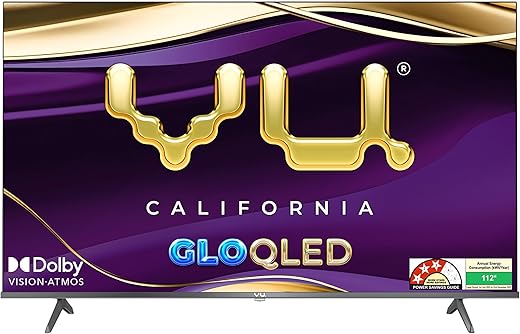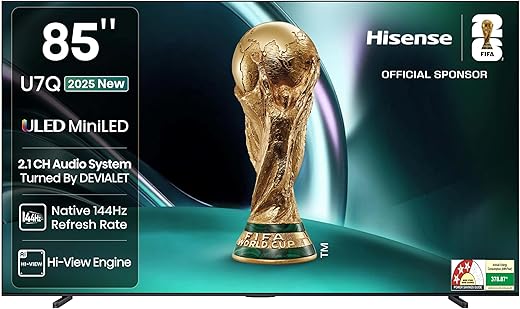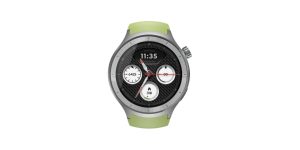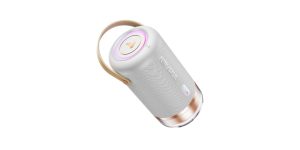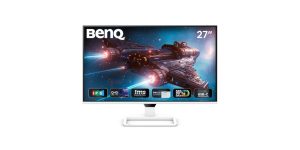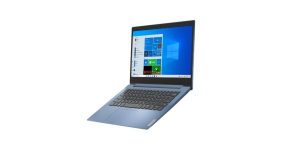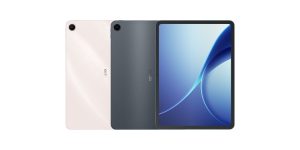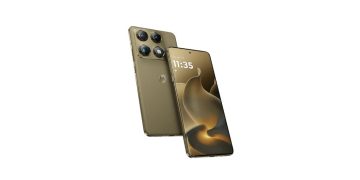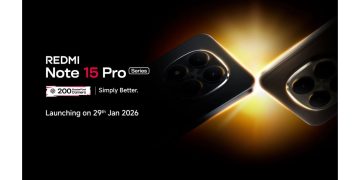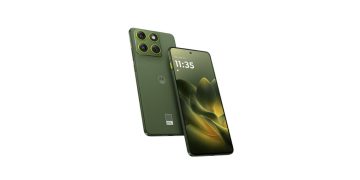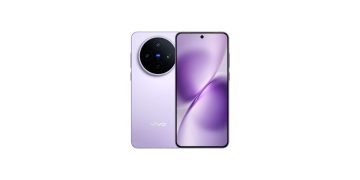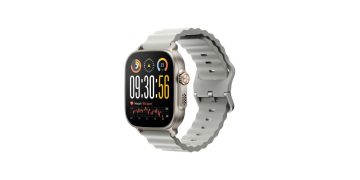Samsung Electronics, a global leader in technology, has announced a temporary postponement of its highly anticipated augmented reality (XR) headset development project. This decision comes as a result of a comprehensive reevaluation of the company’s plans, following the unveiling of Apple‘s impressive mixed reality (MR) headset known as ‘Vision Pro.’ Samsung has taken into consideration the specifications and features of Apple’s competitor product, leading to a reconsideration of its own XR offering.
Reevaluating the XR Project
Samsung’s XR project, which aims to provide users with immersive augmented reality experiences, has faced setbacks due to the introduction of Apple’s Vision Pro headset. The company has informed its panel suppliers about the delay, with the original timeline being pushed back by approximately 3 to 6 months. This extra time will allow Samsung to reassess its design, internal specifications, and overall performance to ensure it delivers a competitive product.
Learning from Past Experiences
Samsung has previously ventured into the XR space with collaborations such as the ‘Gear VR’ headset, developed in partnership with Oculus in 2014. Subsequently, the company launched the Odyssey Plus in 2018. However, these earlier products did not gain significant traction in the market due to performance limitations and the nascent state of the XR industry. User feedback also indicated inconveniences associated with docking devices with smartphones.
Investing in XR Capabilities
To strengthen its XR capabilities and offer cutting-edge technology to consumers, Samsung Electronics established the Immersive Display Lab within its Mobile Experience (MX) Business Unit. This dedicated research and development facility focuses on exploring and advancing XR technologies. While specific details about Samsung’s upcoming XR devices remain undisclosed, industry experts anticipate the integration of Qualcomm chipsets and Google operating systems (OS) to deliver innovative features.
Future XR Products from Samsung
Samsung’s forthcoming XR products are expected to come in the form of goggles, glasses, or headsets, providing users with an immersive and interactive experience. These devices are likely to be compatible with Samsung’s Galaxy smartphones and watches, seamlessly integrating with the existing ecosystem of Samsung products. By leveraging Qualcomm chipsets and Google’s robust OS, Samsung aims to deliver an XR solution that pushes the boundaries of technology and enhances user experiences.
Looking Ahead
Although the temporary postponement of Samsung’s XR headset may be disappointing for eager consumers, it underscores the company’s commitment to delivering a high-quality and competitive product in the XR space. As Samsung continues its reevaluation and refinement process, industry enthusiasts eagerly await the unveiling of Samsung’s XR headset, which promises to offer a new dimension of augmented reality experiences.
In the rapidly evolving XR market, competition between tech giants like Samsung and Apple drives innovation and pushes the boundaries of what is possible in the realm of augmented reality. With Samsung’s track record of technological advancements and commitment to enhancing user experiences, the future of XR looks promising.




















